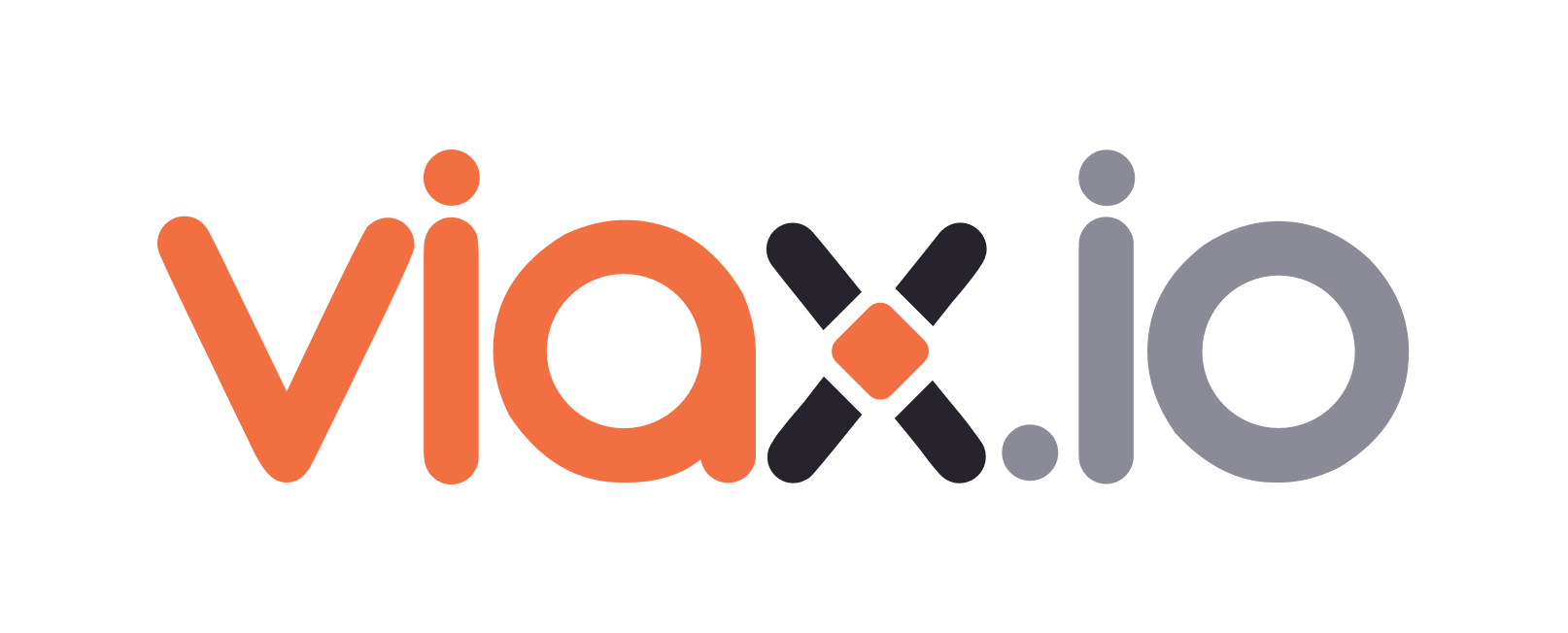The Rise of B2B Marketplaces in Indirect Procurement
B2B marketplaces have transformed many industries, offering buyers and sellers a platform to conduct transactions more efficiently and effectively. However, the realm of large corporate procurement departments has remained relatively untouched, particularly in the area of indirect procurement. viax, with its core capabilities and service marketplace features, aims to fill this gap in the market and provide a comprehensive platform for buyers and sellers to conduct complex transactions.
The Challenge of Indirect Spend:
Indirect spending has become an increasingly challenging area for chief procurement officers (CPOs). As this type of spending grows, it encompasses a widening array of categories, including services as well as goods. Controlling spending, compliance, and risk has become a bigger headache for CPOs.
viax's Core Capabilities:
viax's main advantage is its ability to deal with complex purchasing workflows, making it an ideal platform for first-movers and innovative companies looking to tap into a market that is ripe for change. Its core set of features allows for complex Order Bidding, bringing together CPQ, Product Sourcing, and Marketplace into one cohesive platform. This makes it an attractive option for buyers and sellers looking for a comprehensive platform to conduct their transactions.
The Benefits of B2B Marketplaces:
B2B marketplaces offer buyers and sellers a range of benefits, including increased choice, value, and greater efficiencies. Sellers, under pressure to grow revenues, gain access to a broader pool of buyers without the burden of marketing or the need for dedicated sales, fulfillment, transactional, or logistics functions. When implemented well, marketplace procurement can also facilitate reporting and data analysis.
The Rise of Time-and-Materials Marketplaces:
Time-and-materials marketplaces, which typically offer freight services, travel services, IT and technology, temporary labor, and facilities management, are becoming increasingly popular. Two well-known examples are SAP Fieldglass and Concur, the expense and travel-management site. Specialty players such as Excess Materials Exchange arguably also fall into this type. viax is well-positioned to cater to this growing market, as current solutions are either cost-prohibitive or technologically obsolete, making them an alternative only to those already tied to their overall ecosystem.

The Future of Indirect Procurement:
Over the next three to five years, we expect a marked rise in the proportion of indirect purchases managed via marketplaces. In effect, indirect procurement will increasingly become platform management, requiring teams to tailor their indirect-procurement strategies more carefully. Procurement officers' primary role of tough negotiator, rule enforcer, and smart sourcer will shift to that of "developer," supporting marketplace creation by shaping the source of supply according to their company's needs. This might include creating internal marketplaces that feature preapproved vendors, allowing local managers to access services without having to go through the requisition process each time.
viax is well-positioned to cater to the growing demand for B2B marketplaces in indirect procurement. With its core capabilities and service marketplace features, it provides a comprehensive platform for buyers and sellers to conduct complex transactions. As the demand for time-and-materials marketplaces continues to grow, viax is set to become the main engine for aspiring marketplace operators, both new and established businesses looking to deploy these businesses into the market in a scalable manner.
Some points to consider from McKinsey.
- "Most companies that use online marketplaces to buy indirect goods and services have limited their involvement to a small percentage of their total spend. But as these platforms improve, it’s likely that more organizations will move a greater proportion of their procurement to marketplaces."
- "Platforms that offer procurement as a service (PaaS) are well-positioned to support companies’ procurement functions. These providers host and operate the marketplace, taking responsibility for the technology infrastructure, management, and maintenance of the platform."
- "To encourage suppliers to offer their products and services through the platform, procurement teams should work with business units to understand demand and collaborate with suppliers to ensure that their products and services meet the company’s needs."
- "To successfully manage indirect procurement on a marketplace, companies need to develop new skills and capabilities. Procurement teams will need to be able to manage a marketplace, rather than individual supplier relationships, and will need to use data to identify and manage supplier performance."
- "A procurement-as-a-service platform can help companies to create their own private marketplace that features preapproved vendors, making it easier for local managers to access services without having to go through the requisition process each time."
By leveraging the capabilities of a provider like viax, companies can better manage their indirect spend by shifting their procurement function to a marketplace. This shift requires procurement teams to develop new skills, manage marketplaces rather than individual supplier relationships, and use data to identify and manage supplier performance. In the long run, creating private marketplaces featuring pre-approved vendors will make it easier for local managers to access services without having to go through the requisition process each time.
Interested in learning more about viax.io? Reach out, we'd love to hear from you.
